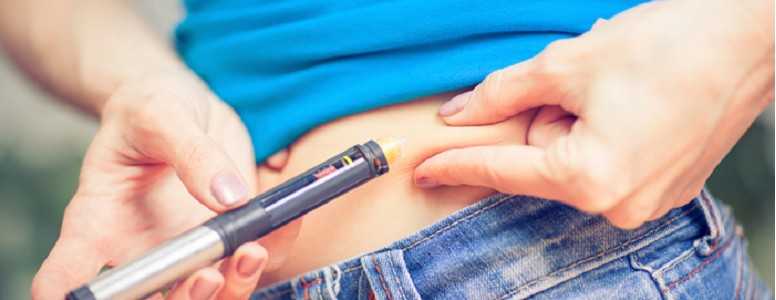Researchers from Dublin have explored how women who develop gestational diabetes respond emotionally to their diagnosis at different stages throughout their pregnancy.
The study included 95 women with gestational diabetes who were attending the National Maternity Hospital in Dubli, Ireland.
The women included in the study had either been newly diagnosed with gestational diabetes in the week prior; diagnosed several weeks ago; or given birth within the last three days.
The researchers used a very simple method to draw out the thoughts going through the women’s minds. They simply posed the question: “How do you feel about your diagnosis of gestational diabetes?”
Within the first week of diagnosis, the most cited words were ‘worried’, ‘shocked’, ‘upset’ and ‘scared’. Some people, albeit a smaller number, stated they felt ‘guilt’, ‘confused’, ‘tired’ and ‘annoyed’.
Several weeks after diagnosis, the women most commonly expressed feelings that were generally positive, such as ‘supported’, ‘used to it’, ‘grand’, ‘fine’ and ‘ok’. However, a smaller number of women continued to express concer, noting feelings of ‘tough’, ‘anxious’, ‘difficult’, ‘coping’ and ‘do whatever it takes’.
Three days after delivery of the baby, the following feelings were most commonly expressed: ‘relieved’, ‘supported’, ‘informed’ and ‘glad it’s over’. Other feelings expressed included reflections on the past few months and the future, and these included both positive and anxious thoughts: it was ‘hard’, ‘got on with it’, ‘health conscious’, ‘afraid for the future’ and ‘hopeful’.
The researchers concluded: “As clinicians caring for patients with gestational diabetes, we tend to focus on insulin requirements and estimation of fetal weight, and might not appreciate the emotional impact of a diagnosis of gestational diabetes and how it can affect the care of our patients.”
They go on to state that an insight into the women’s emotional response can help clinicians to better support and care for women who develop gestational diabetes.
The study is published in The Lancet: Diabetes and Endocrinology journal.
What's new on the forum? ⭐️
Get our free newsletters
Stay up to date with the latest news, research and breakthroughs.







